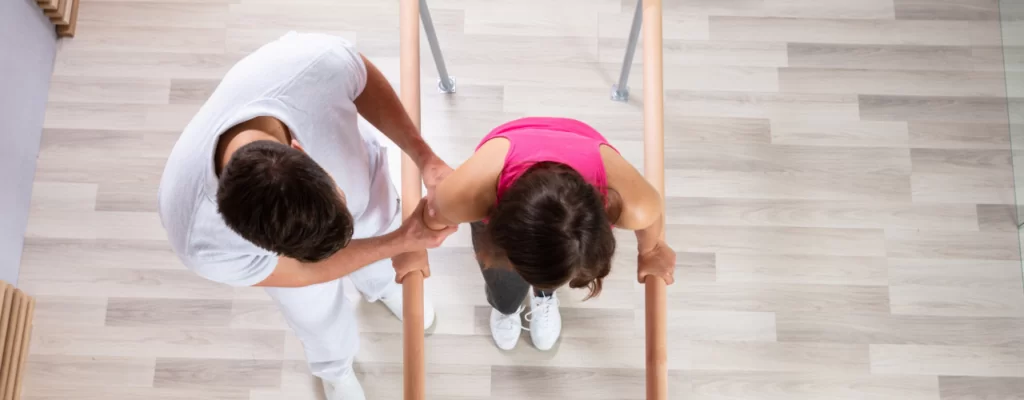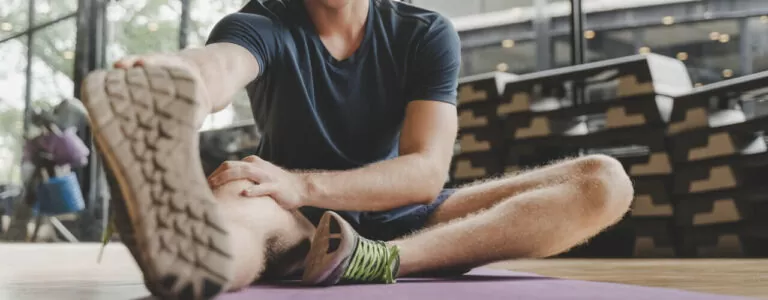Are you experiencing difficulty with controlling your bowel movements? Have you been excusing yourself from activities with friends and family because you’re worried there won’t be a restroom available?
If so, you may be experiencing fecal incontinence. This condition can occur for a variety of reasons, but the good news is that a pelvic floor specialist at Integrated Physical Therapy in McKinney may be able to help you quell your symptoms.
Give us a call today to learn more and schedule an appointment!
What is fecal incontinence?
Your internal and external sphincter muscles are what wrap around the anus. With a healthy, functioning bowel, when stool enters the rectum, the internal sphincter will relax. Nerves in your anal canal will send a little message to your brain letting you decide whether or not you need to go to the bathroom.
If your sphincter muscles are not functioning properly or have become weakened, your anal canal will not close completely and fecal incontinence will occur. The term “fecal incontinence” refers to stool leaking from the bowel. Issues with fecal incontinence can vary from leaking of feces while passing gas to losing control of the bowels entirely.
What causes fecal incontinence?
There are many reasons a person may experience fecal incontinence, such as giving birth, nerve damage, muscle damage, hemorrhoids, surgery, rectal prolapse, chronic constipation or diarrhea issues. It’s also fairly common in older individuals as well, due to the fact that muscles weaken and can become more loose as we age.
If you are living with this condition, you may be experiencing increased levels of flatulence, bloating, constipation or diarrhea as well, which can all equally cause discomfort or embarrassment in your everyday life.
The good news is that pelvic physical therapy can help you if you’re in search of relief!
How can therapy help with my condition?
Pelvic floor physical therapy is a safe, conservative method of treatment to help patients dealing with a variety of pelvic pain and discomfort conditions, including incontinence. In fact, a study published on NCBI states:
“Pelvic floor rehabilitation approaches to the treatment of FI [fecal incontinence] include pelvic floor muscle training, biofeedback, and volumetric training with rectal balloon catheters. Various forms of external electrical stimulation have also been described and may be of added benefit. Behavioral bowel retraining is an important part of a good rehabilitative approach as well. Pelvic floor rehabilitation treatment for FI is thought to be effective and safe, with reported success rates in a majority of studies at 50 to 80%.”
When you see a pelvic specialist about fecal incontinence, they will perform a full body assessment, taking account of your medical history and symptoms. From there, they’ll create a customized treatment plan that is aimed at restoring the strength and function of your bowels and pelvic floor.
This treatment plan may include any or all of the following:
- Pelvic floor strengthening exercises
- Sphincter control exercises
- Biofeedback technology
- Behavioral bowel retraining
- Encouraging the use of a diary tracking bowel movements
- High fiber diets to prevent constipation
Practicing regular bowel strengthening exercises with a pelvic specialist can help to provide more support, improve bowel function and decrease the likelihood of leakage and soiling.
Even after you have gained control of your bowels once more, it’s important to keep up with your regular exercises to prevent yourself from dealing with the same condition again in the future.
Call us today
If you’re living with fecal incontinence, help is available to you. Our pelvic specialists will assess your condition and assist you with strengthening your muscles and bowels once again.
Give Integrated Physical Therapy in McKinney a call today to learn more and schedule an appointment.
Sources:




